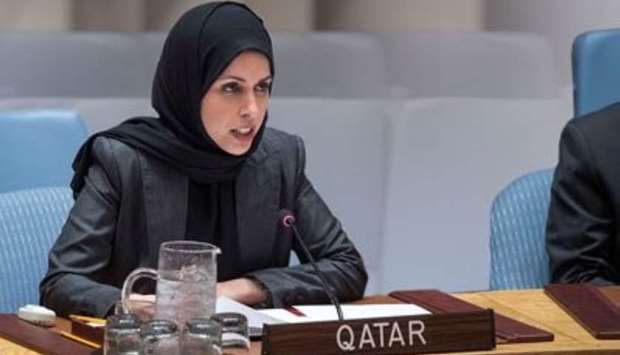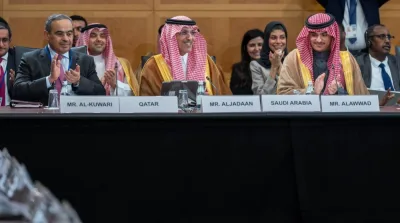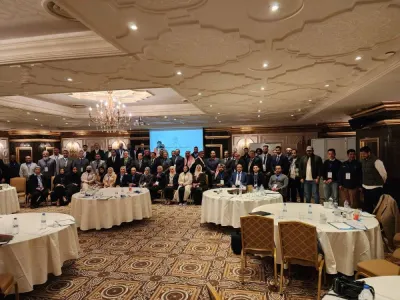Qatar on Thursday said an unjust blockade imposed against it threatens the security and stability of the region, and violates international law.
Qatar's Permanent Representative to the United Nations HE Ambassador Sheikha Alya Ahmed bin Saif al-Thani said the blockade was imposed under false pretexts without regard for the dire consequences for the security and stability of the region.
She was speaking during a virtual meeting held by the UN Security Council on the 'Protection of civilians in armed conflict'.
Sheikha Alya said the Security Council has always stressed the importance of conflict prevention in the context of a commitment to collective action to spare people all over the world the suffering and destruction and to enhance international But she regretted that this approach was not observed in many cases, as the unjust and unlawful blockade against Qatar enters its fourth year on June 5.
The Arab region is witnessing many crises and conflicts that cause tremendous suffering, Sheikha Alya said.
Instead of seeking to settle these crises, the blockading countries have chosen a path that violates the provisions of international law, she added.
Sheikha Alya said Qatar was proud of its partnership with the United Nations system to improve the organisation's ability to respond quickly to the millions of civilians in need in armed conflict, noting Qatar's multi-year contributions to the United Nations Office for the Co-ordination of Humanitarian Affairs.
Qatar is an active member of the support group of the UN Office for the Co-ordination of Humanitarian Affairs, she said, and referred to Qatar chairing the group in July.
She referred to Qatar's contributions to the UN Office for the Co-ordination of Humanitarian Affairs since 2016, by providing rapid fundings and pointed to the support provided by Qatar to humanitarian efforts in Syria, Yemen, Afghanistan, Iraq, Jordan, Lebanon, Turkey and Nigeria.
In line with Qatar's intention to support the International Committee of the Red Cross, a joint declaration of intent, the first of its kind in the region, was signed to support civilians affected by armed conflict, which contributes to strengthening respect for international humanitarian law, she said.
Sheikha Alya highlighted the co-operation between Qatar and Nato in support of the calls made by UN Secretary-General to counter the humanitarian effects of the coronavirus pandemic, which included sending humanitarian and medical supplies by air through the Nato Disaster Relief Co-ordination Centre.
She said the world is today facing an unprecedented global health crisis as a result of the Covid-19 pandemic. This is adding to the sufferings of over 70mn victims armed conflicts.
She stressed the need for immediate action by the international community to protect civilians in light of the risks posed by the pandemic, stressing the critical importance of a serious response by all parties to armed conflicts to the call of the UN Secretary-General on March 25 for a general ceasefire in the world.
Sheikha Alya said Qatar was proud to co-chair the Group of Friends of the Responsibility to Protect, with Denmark and Costa Rica.
She affirmed Qatar's endeavour, on the 15th anniversary of the launch of this historic principle at the 2005 World Summit of the United Nations, to ensure that the international community will not again fail to stop crimes such as war crimes, ethnic cleansing and crimes against humanity.



